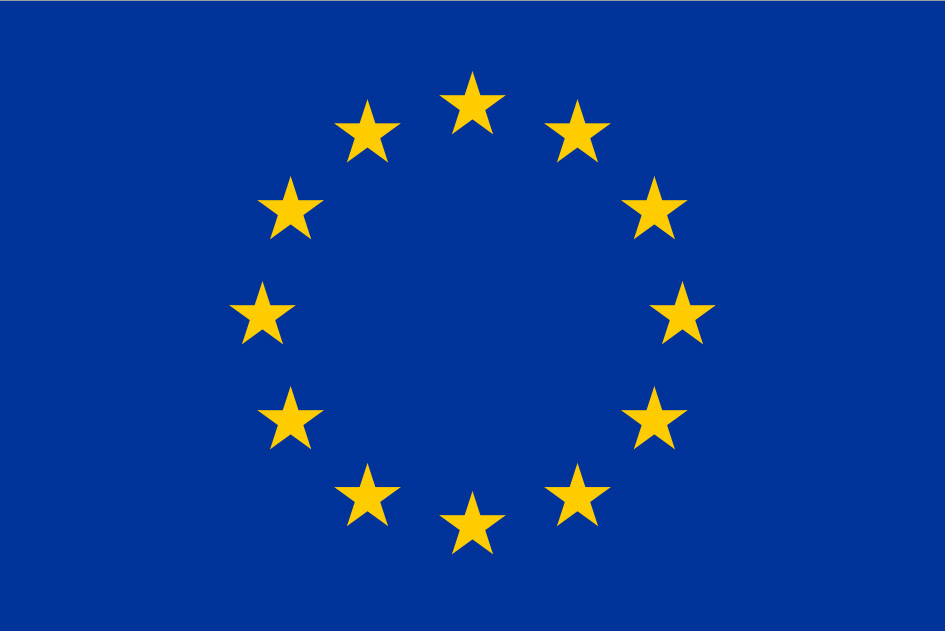Report: Google Told EU About MSFT Browser Ballot Issue
Was Microsoft's mistake only discovered because the company's competitors tipped off the EU?
The European Union yesterday imposed a €561 million fine on Microsoft for failing to offer the browser ballot screen it promised to ship with all versions of Windows. The ballot screen is a pop-up designed to give customers the ability to choose which browser they want to use to surf the web. Microsoft said last summer that that around 90 percent of computers received the BCS software as planned while 10 percent did not. But how did the EU find out about the blunder? According to latest reports, Google and Opera may have ratted Microsoft out.
The Verge cites a Financial Times report that says the tip-off came from Microsoft's competitors. The Financial Times cites anonymous sources in reporting Google and Opera were the ones that reported Microsoft for not abiding by the terms set following the European Commission's antitrust investigation into Microsoft's practices in the browser space. Additionally, these anonymous sources said that both companies helped the EU throughout the course of the investigation.
Microsoft's offering of the browser choice screen is the result of an 2009 antitrust investigation conducted by the Euorpean Union. Europe felt that bundling Internet Explorer with Windows was anti-competitive and argued that, because Windows is the most common operating system, it was unfair for Microsoft force all users to use IE without first informing them of their options. Opera was one of the original complainants so it makes sense that the company would be vocal if Microsoft wasn't holding up its end of the bargain. What's more, both Google and Opera have something to gain from every user seeing the browser ballot screen.
Microsoft said yesterday that it had no plans to appeal the fine and it was taking full responsibility for the mistake:
"We take full responsibility for the technical error that caused this problem and have apologized for it," Microsoft said in a statement released today. "We provided the Commission with a complete and candid assessment of the situation, and we have taken steps to strengthen our software development and other processes to help avoid this mistake – or anything similar – in the future."
Contact Us for News Tips, Corrections and Feedback
Get Tom's Hardware's best news and in-depth reviews, straight to your inbox.

Jane McEntegart is a writer, editor, and marketing communications professional with 17 years of experience in the technology industry. She has written about a wide range of technology topics, including smartphones, tablets, and game consoles. Her articles have been published in Tom's Guide, Tom's Hardware, MobileSyrup, and Edge Up.
-
wannabepro Google. I am dissapoint.Reply
We hate crApple for stuff like this, do we need to add another company to the "Hated List".. -
scythe944 The EU is stupid for this ruling to begin with. How difficult is it to download another browser and set it as default?Reply -
realibrad The EU knows what they are doing, if they didnt, then why is their economy doing so well?Reply -
rahulkadukar This is plain stupid. Every single operating system needs a browser as one of its basic applications. Microsoft decided to bundle IE with it. Assume you don't have an internet connection and you still need to view some offline pages then you need a basic browser to help you.Reply
If you dont like the native browser then change it. Its not as if Microsoft is not allowing you to install Chrome, Firefox or whatever it is that you use.
-
wannabepro realibradThe EU knows what they are doing, if they didnt, then why is their economy doing so well?Because they steal money from corporations to fund their retarded decisions.Reply -
mugiebahar This is a bad day for everyone when stupid things like this happen. and to show my support for what MS has done for us I will by a WinPhone next time.Reply -
john15v16 ...I hear you all but, I think this is just the kind of tough medicine MS needs...they spent over a decade dominating the browser market and holding back the web with the worst browser ever (that just won't die already!)...they killed any attempt to deter their desktop dominance (remember netscapes loud cloud spinoff)...maybe a chain of misfires and failures may make them rethink their slow-to-innovate-stifle-competition strategy...Reply -
blazorthon realibradThe EU knows what they are doing, if they didnt, then why is their economy doing so well?Reply
I'm not sure if you're very subtly mocking them since most of the EU is either failing or has failed or if you're failing to acknowledge that.
